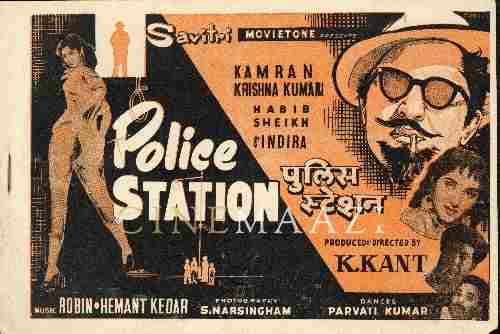B R Ishara
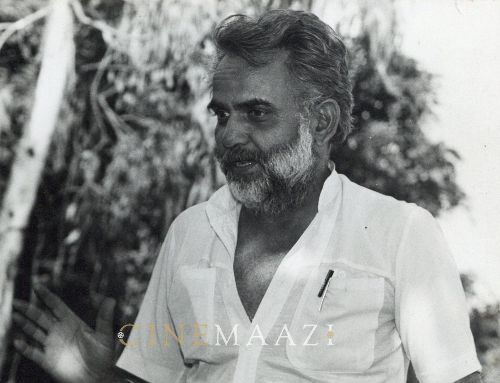
- Real Name: Roshanlal Sharma
- Born: 7 September, 1934 (Una, Himachal Pradesh)
- Died: 25 July, 2012 (Bombay)
- Primary Cinema: Hindi
- Spouse: Rehana Sultan
Film director and screenwriter, B R Ishara is best known for his films of the 70s, such as Chetna (1970), Milap (1972), Man Jaiye (1972), Ghar Ki Laaj (1979), Doosra Roop (1982), Log Kya Kahengey (1982), and Woh Phir Ayegi (1988). He filmed no less than 35 films between 1964 and 1996. A prolific dialogue writer as well, his intensity as a filmmaker is seen in his bold, hard-hitting films which showed up the hypocrisy of middle-class Indian society as well as questioned its morals. Avoiding the tropes of mainstream cinema, while also staying away from the abstraction of Parallel cinema, Ishara carved a unique space with his films that dripped unvarnished realism, inspired from his own experiences. It is Ishara who is considered to have sown the seeds of issue-centric, gutsy cinema back in the early 70s, creating a trend of bold and provocative themes in common man’s language.
Born Roshanlal Sharma on 7 September, 1934 in Himachal Pradesh, he was affectionately called Babu and later Babu da by his associates. Running away from home to live in Bombay, he found work as a tea-boy on the film sets, going on to become a spot-boy. Living for a time at the house of famous lyricist, Qamar Jalalabadi, he discovered his own artistic penchant, as he went on to assist several dialogue writers. Adding ‘Ram’ to his nickname Babu, he later adopted the pseudonym Ishara, thus becoming B R Ishara.
Before becoming a writer-director himself, Ishara assisted filmmaker Basu Bhattacharya for Teesri Kasam (1967). Making his debut as a writer-director with Awara Badal (1964), he made his first mainstream film, Insaaf Ka Mandir (1969), starring Tarun Bose and Aruna Irani. He went on to make Zaroorat (1972), a film that was so bold in content that it remained with the Censors, eventually releasing in a tamed version. Ishara’s most significant film remains Chetna (1970). One of the most headline-grabbing films of its time, it was a poignant portrayal of a sex worker’s journey that culminates in her suicide. Starring Rehana Sultan and Anil Dhawan, the film exploded the myth of the virginal Hindi film heroine, provoking audiences with its daring storyline and pointed dialogues, exposing the hypocrisy inherent in society.
Chetna created a sensation as did Zaroorat, with Ishara backing subjects that stood out from the rest. If Dil Ki Rahein (1973) was a love story involving a Hindu-Muslim couple with a subtle message on religion, Charitra (1973) highlighted the two facets of a rich man’s life by day and night. He was best known for his films of the 70s, making more than three dozen films between 1969 and 1996. Ishara also produced two films, namely Log Kya Kahenge (1982, as writer-director-producer), Sautela Bhai (1996, as writer-director-producer). While his Woh Phir Ayegi (1988) with Rajesh Khanna became a silver jubilee hit, Sautela Bhai was critically acclaimed.
Ishara had introduced several newcomers in his films, from cricketer Salim Durrani to Parveen Babi. Other freshers he worked with include Danny Dengzongpa, Rakesh Pandey, Vijay Arora, Jaya Bhaduri, Amitabh Bachchan, Reena Roy, Shatrughan Sinha, Raj Kiran and Raza Murad.
In 1984 he married Rehana Sultan, the leading lady of many of his films including Chetna.
B R Ishara passed away on 25 July, 2012.
-
Filmography (16)
SortRole
-
Sautela Bhai 1996
-
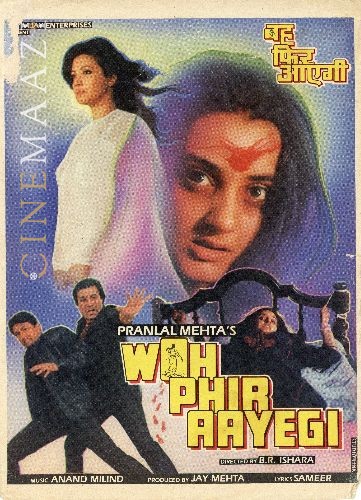
Woh Phir Aayegi 1988
-
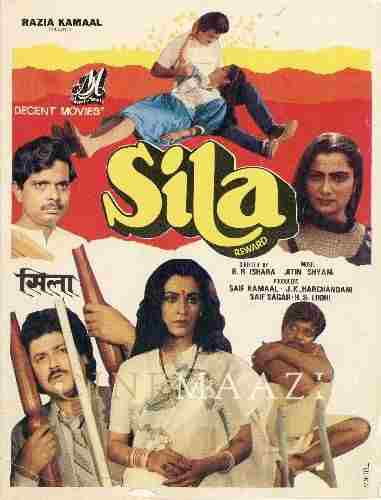
Sila 1987
-
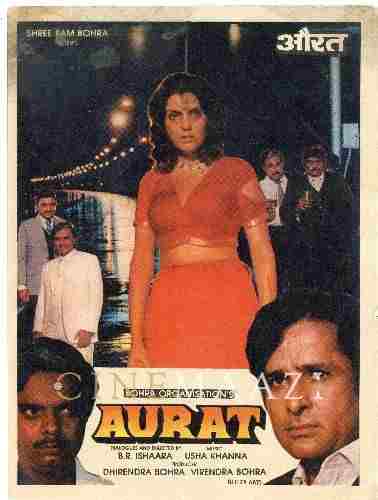
Aurat 1986
-
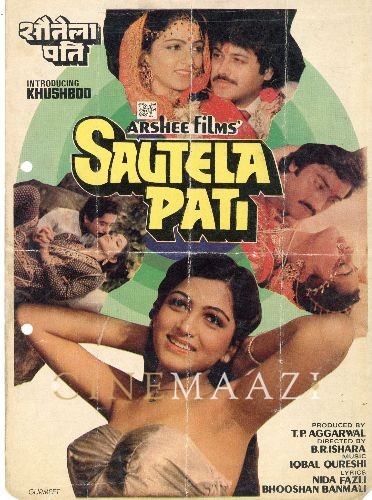
Sautela Pati 1985
-
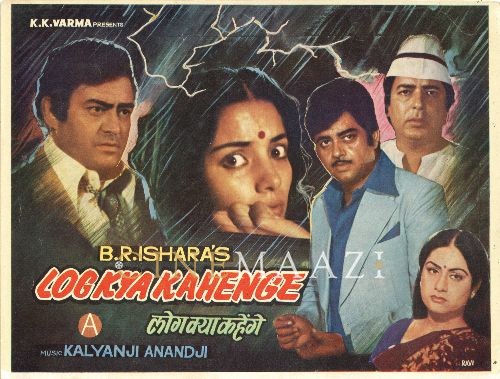
Log Kya Kahenge 1982
-
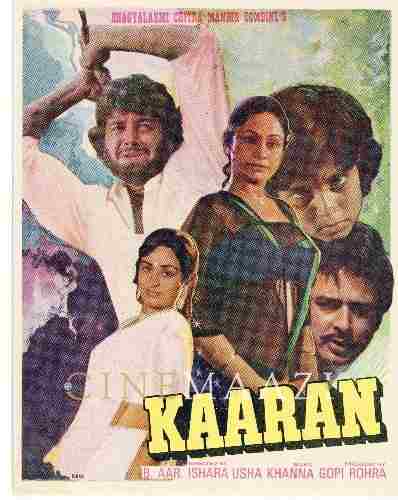
Kaaran 1981
-
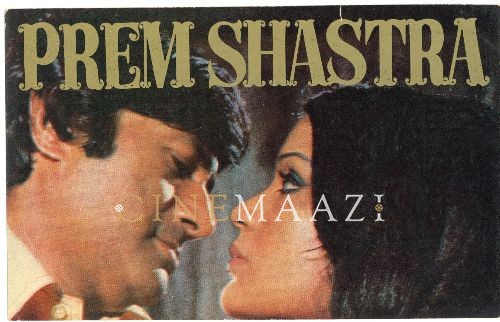
Prem Shastra 1974
-
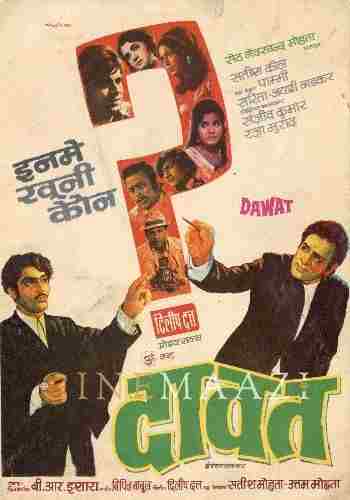
Dawat 1974
-
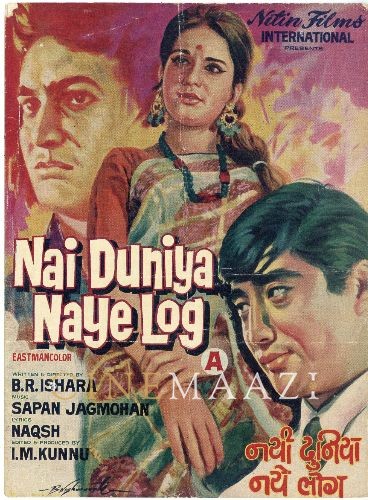
Nai Duniya Naye Log 1973
-
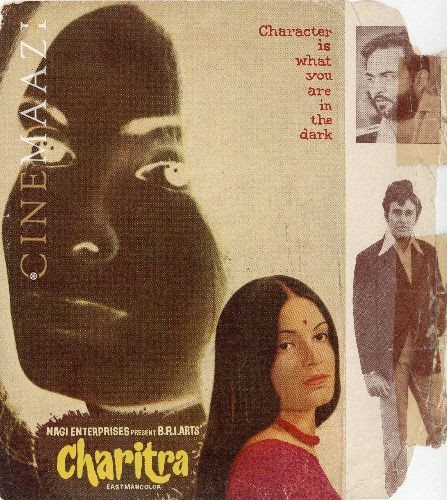
Charitra 1973
-
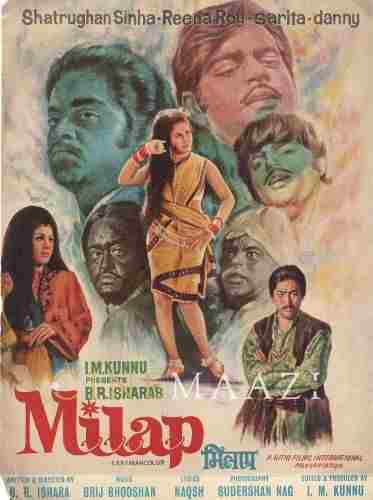
Milap 1972
-



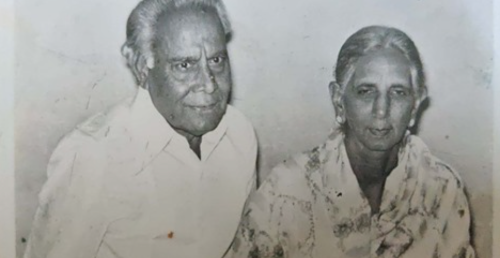
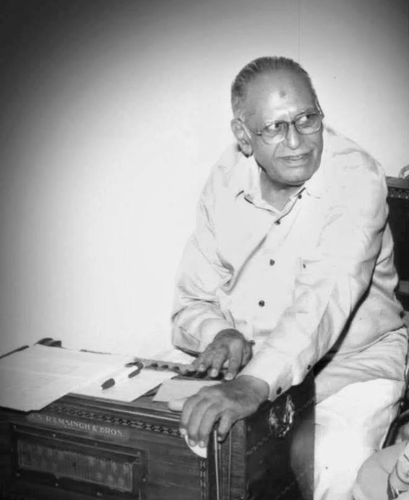
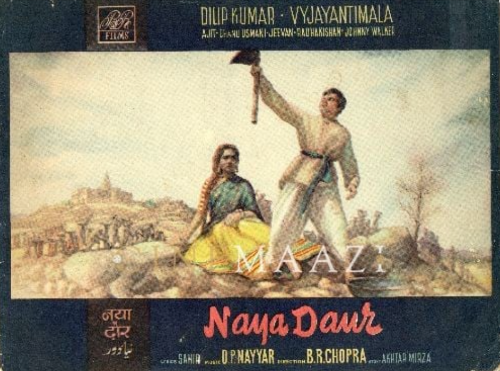

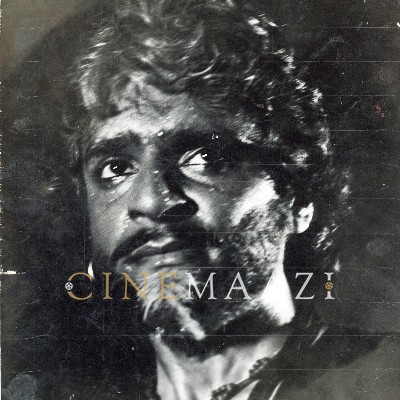
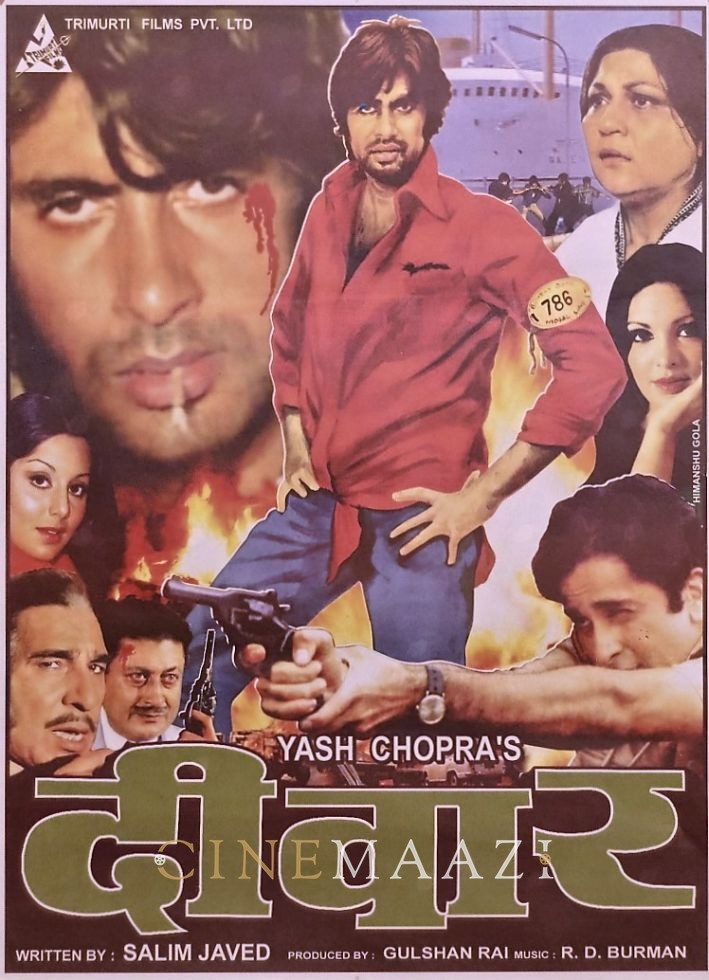
.jpg)

